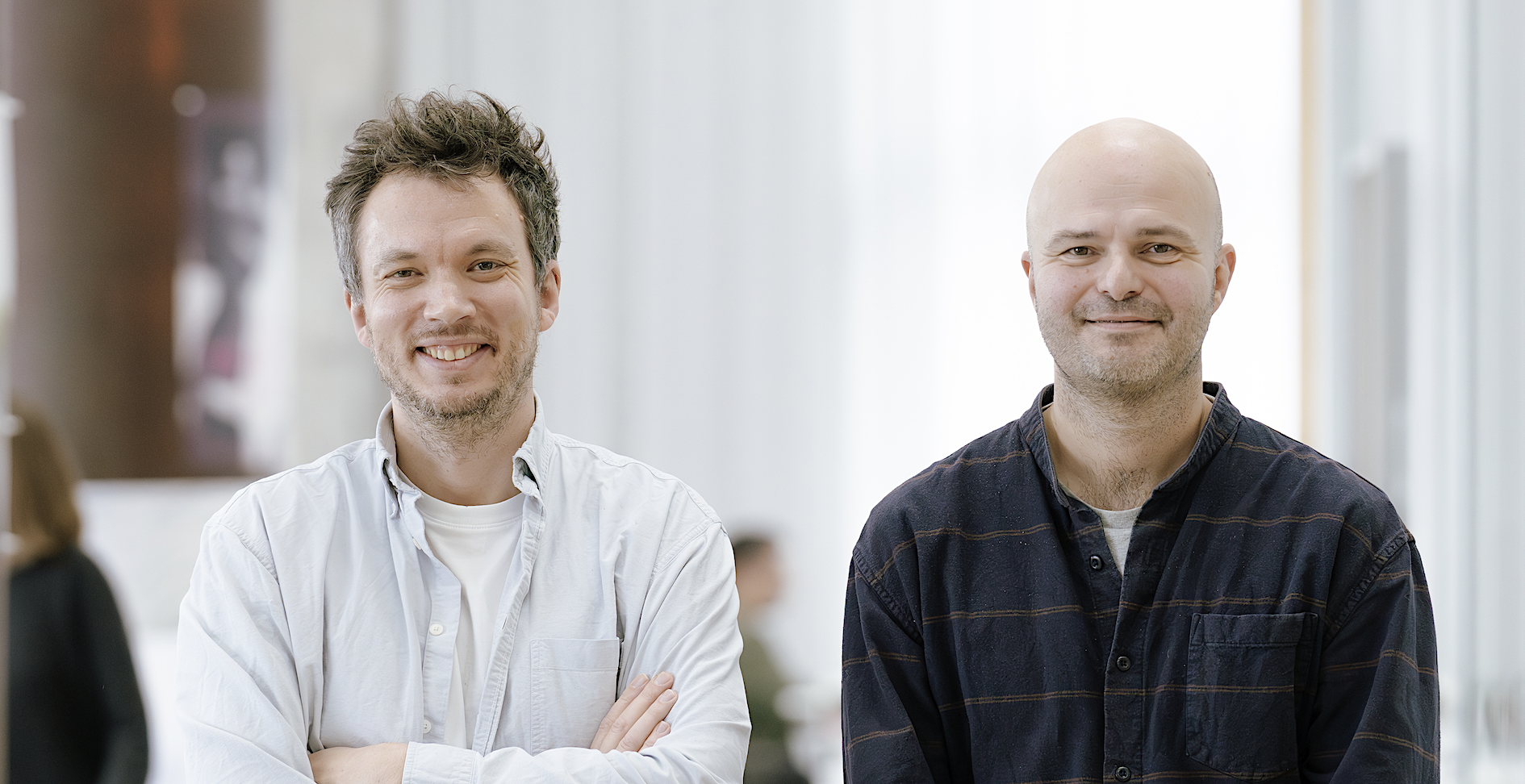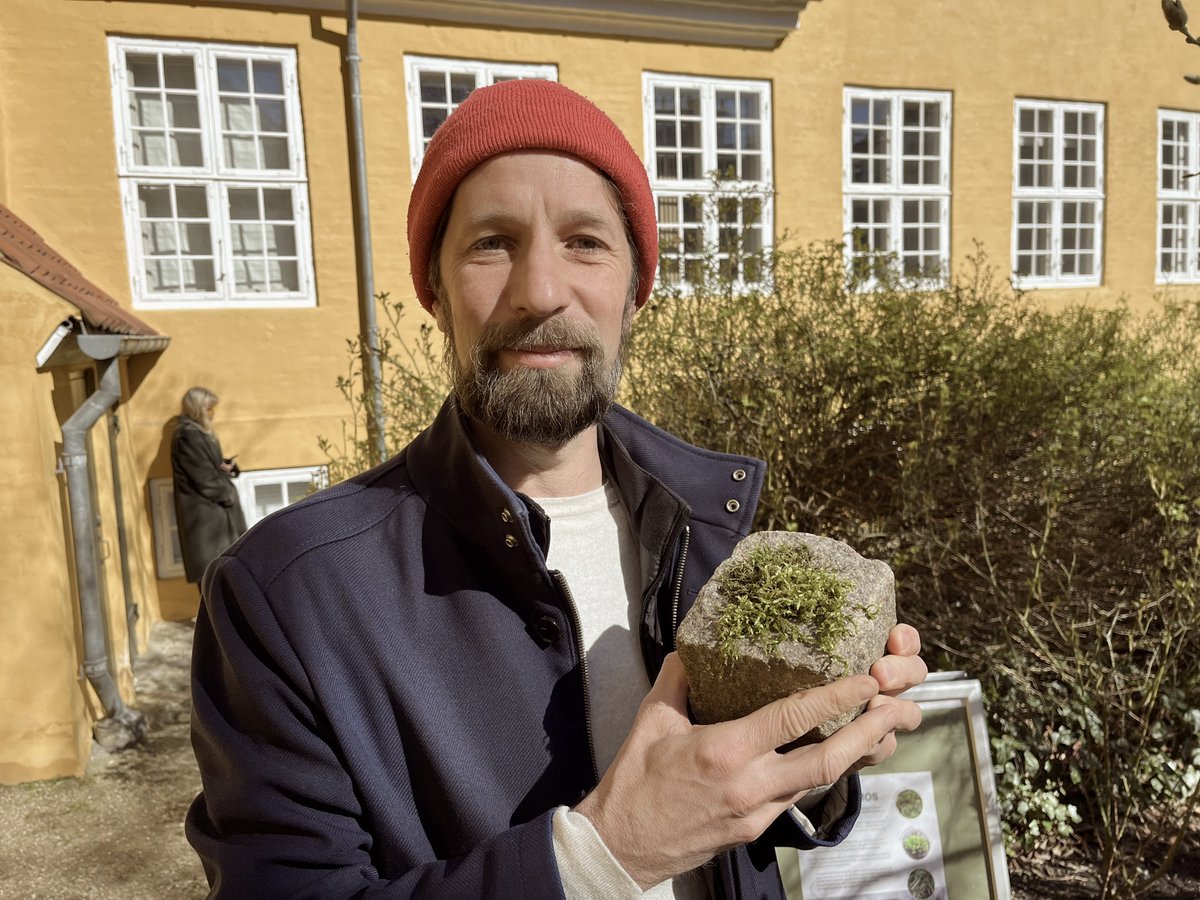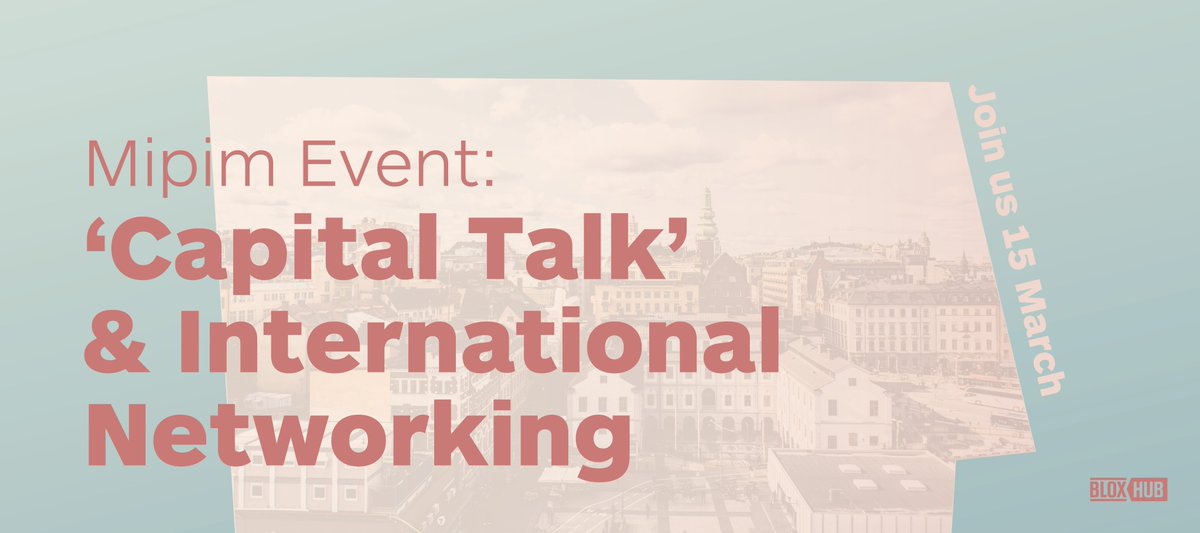Few architectural firms have left as profound a mark on the Danish architectural landscape as Cobe. Since its establishment in 2006, Cobe has emerged as a powerhouse of architectural innovation, renowned for the redevelopment of the entire new district of Nordhavn along with the realization of iconic projects such as The Silo, Nørreport Station, Paper Island, Israel’s Square, and Krøyer’s Square.
In our exclusive interview with Jacob Blak, the Head of Resiliency at Cobe, we go beyond the company’s local and international success to uncover Cobe’s latest endeavor: the strategic hiring of an industrial Ph.D. Through our exchange, we explore the motivations behind the decision to bring Ph.D. fellow Simon Sjökvist on board and inquire about the benefits Cobe anticipates from this strategic move.
Q: Why did Cobe choose to hire an industrial Ph.D?
A: The green transition has accelerated the need for insights and capabilities to analyze hyper-complex interdisciplinary dynamics. This goes far beyond what our company alone can invest in or recruit for. We greatly rely on networks within academia, especially within philanthropically funded institutions, to tailor our consultancy based on evidence.
Q: What significant contributions does Simon’s research bring to Cobe?
A: Having a Ph.D. within the company means that we now have research validated by a third party, making it legitimate research that cannot be dismissed as manipulated marketing. Furthermore, we gain access to potent networks comprising highly skilled and talented individuals across sectors, which sharpens our focus on the research, knowledge, networking, and profiling that we aim to pursue in the future.
Q: How does the research project align with Cobe’s green ambitions?
A: We share the IPCC’s assessment that cities play a pivotal role in combating the climate crisis. Simon’s insights into sustainable urban transformation and the reduction of CO2 emissions by reusing the existing building stock on a larger urban scale and more effectively than today is a valuable insight into how we can potentially build greener. It has helped us justify proposed more sustainable solutions for urban development projects.
Q: What practical applications will Simon’s research have for you?
A: We gain a much more qualified understanding of the negative consequences that our previous (and current) planning paradigms can have on the planetary boundaries, specifically the damaging effects of expanding cities into undeveloped land. This means that in the future, we will turn down certain tasks.
Q: Will the project benefit the bottom line?
A: It’s difficult to conclude because we don’t know the negative consequences it would have on the bottom line if we didn’t engage in it. I believe we will consider it more as a necessary professionalization of our company, enhancing our services, profile, and appeal to skilled employees. I have no doubt that these parameters will have a positive effect on Cobe’s position in the market and perhaps on the bottom line in the long run.
Q: What has surprised you the most?
A: I would say the extent to which commercial developers respect and recognize validated research. We have experienced being contacted completely unsolicited by developers who are curious about the direction of Simon’s Ph.D. research. They have provided some truly important insights for contextualizing the findings we have presented.
Q: Would you recommend others to hire an industrial Ph.D.?
A: Absolutely, if the company can afford it. But my recommendation comes with a premise: that the company invests time in understanding and contextualizing the insights that the research provides. And be prepared to let the results influence the company in return. That way, it can yield a lot in return.
___
As a member of the Circular Built Environment Network, Simon Sjökvist’s Industrial Ph.D. project embodies a collective pursuit of pioneering insights and sharing knowledge within the BLOXHUB ecosystem and the wider industry.







